
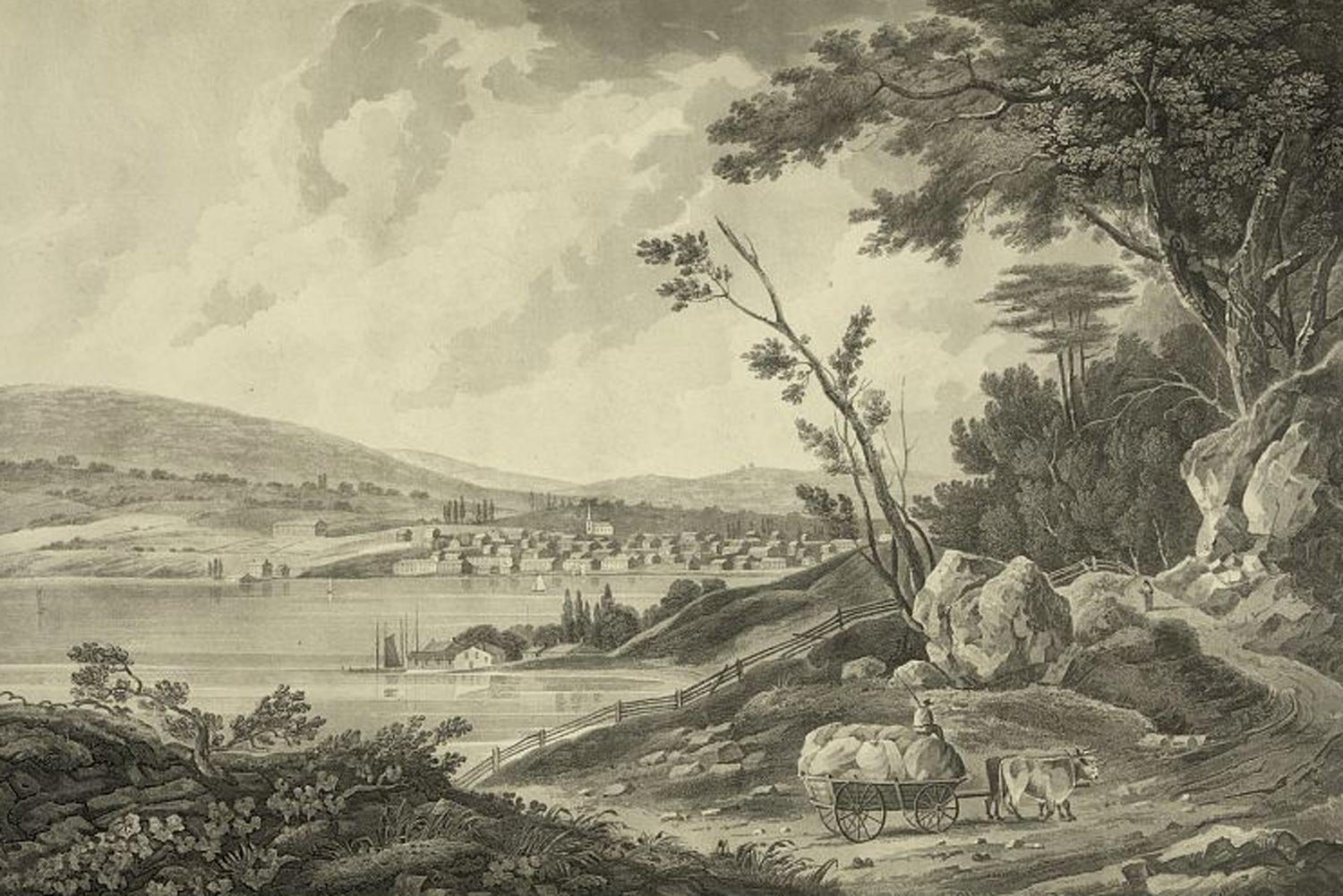
The Newburgh Conspiracy: Dissension in the Ranks
We take civilian control of the military for granted today in America. However, were it not for General George Washington’s actions and words in the so-called Newburgh Conspiracy, things might be quite a bit different.
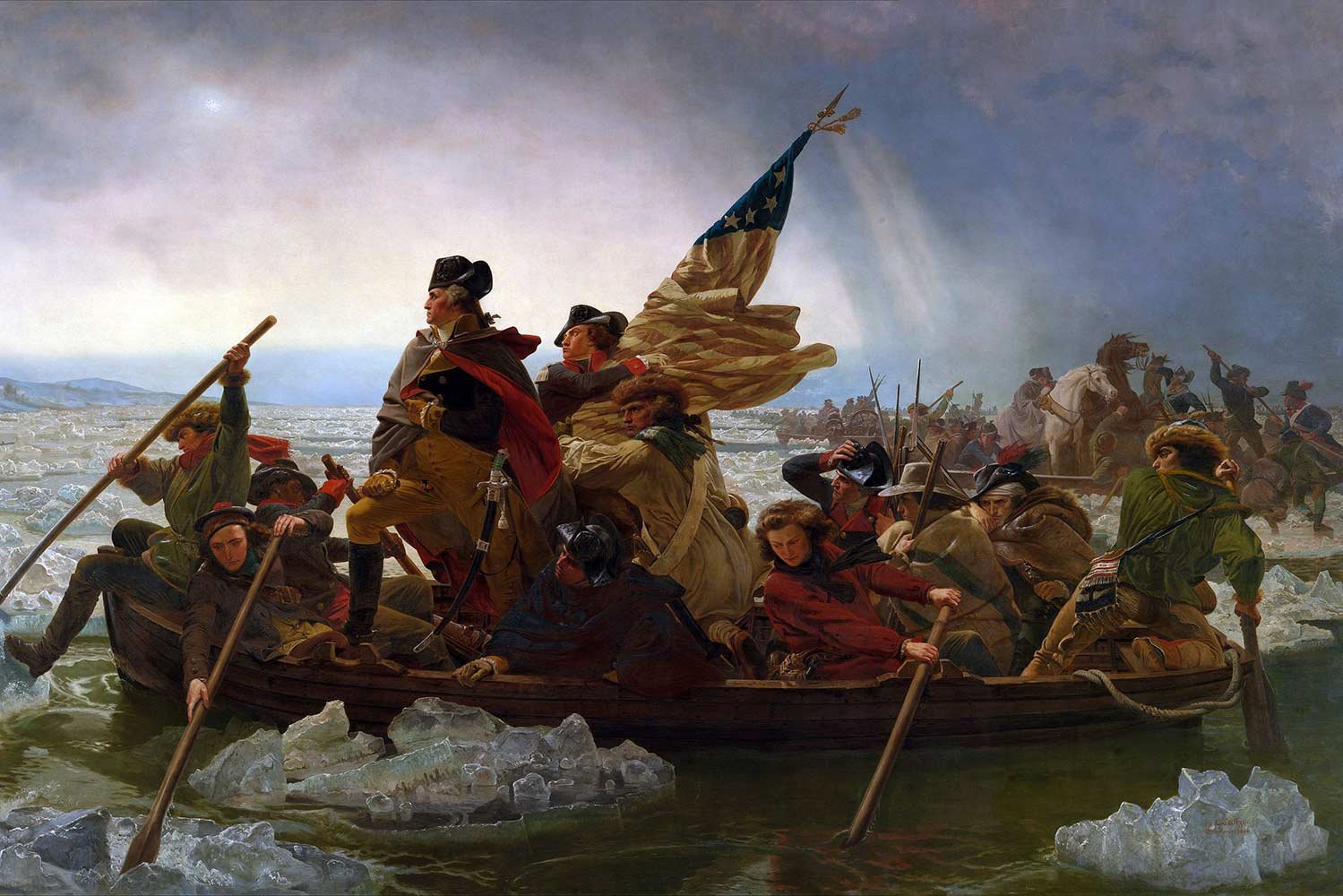
George Washington and the Crossing of the Delaware
In late December 1776, the American Revolution had reached its low point. The 16,000-man Continental Army that had driven the British out of Boston in March 1776, had lost countless battles over the course of nine months and dwindled to a skeletal force of 3,000 soldiers on the west side of the Delaware River.
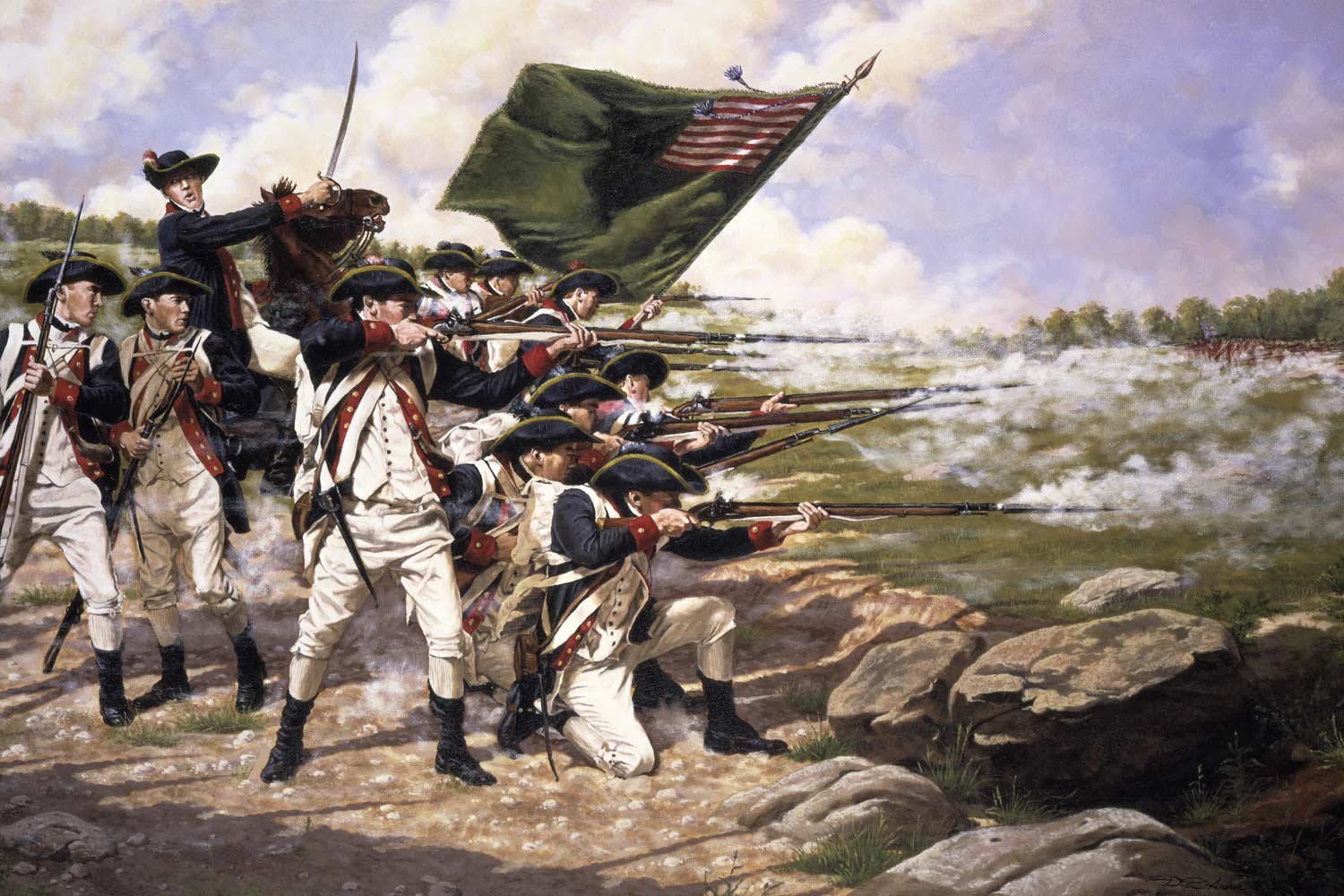
Washington and Continental Army Face Rocky Start
General George Washington formally took command of the Continental Army surrounding Boston on July 3, 1775. He immediately began to organize and train the troops and his natural aggressiveness was soon on display.
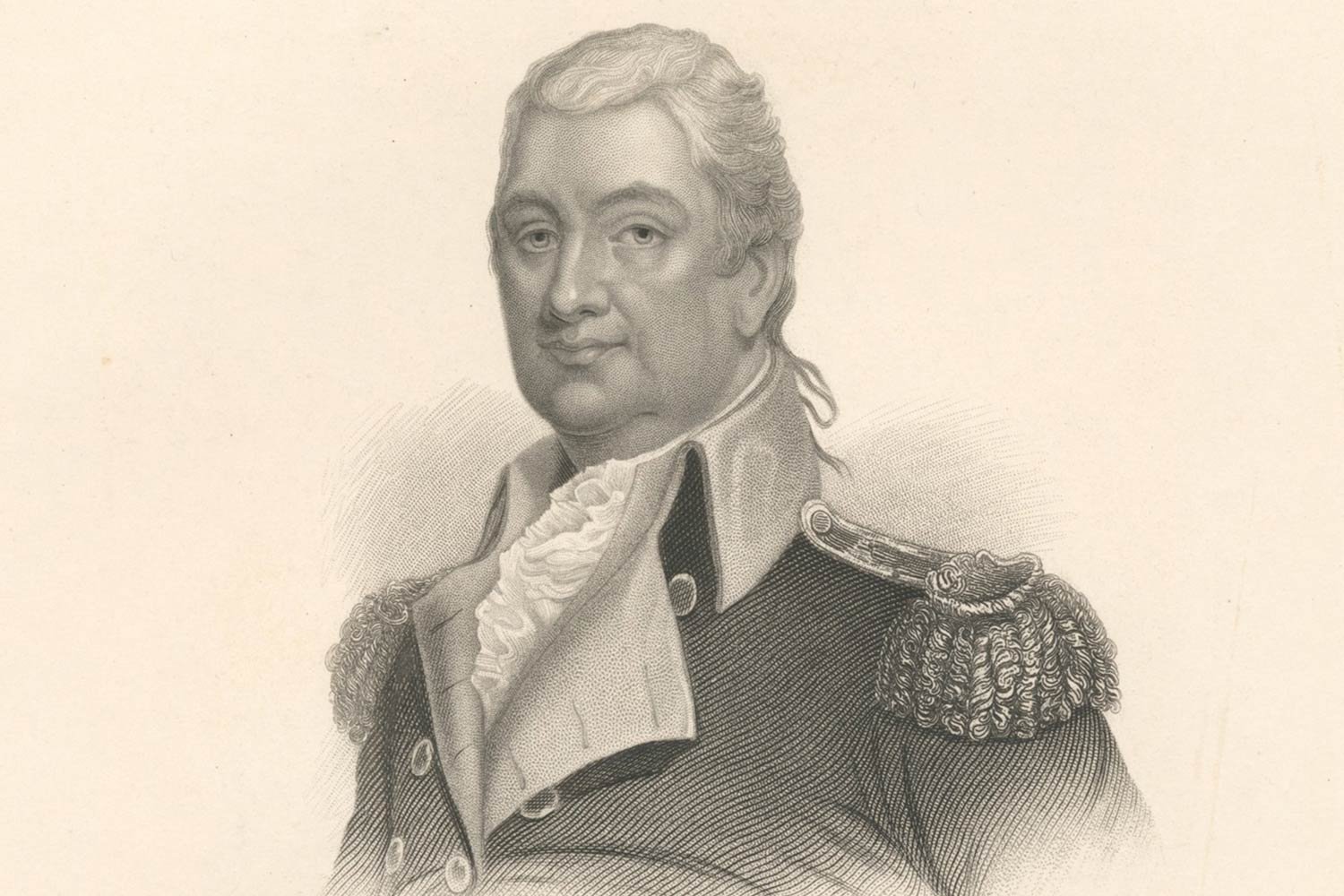
The Legacy of Henry Knox
Henry Knox was 44 years old when he retired from public office after devoting the previous two decades to the American cause. Henry and his dear wife Lucy headed to Thomaston, Maine, where Henry built a three-story mansion on a large family estate which he named Montpelier.
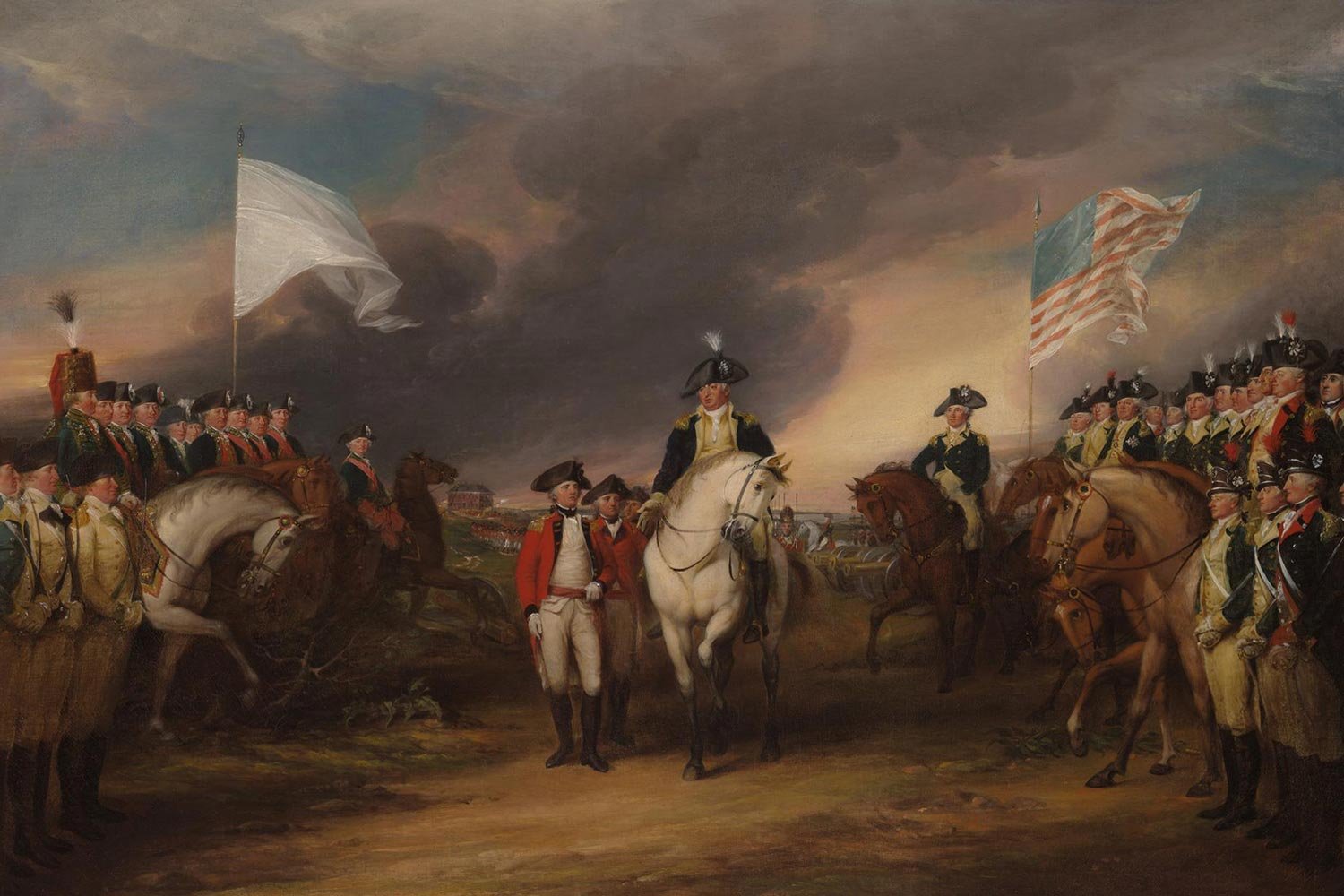
Henry Knox, America’s First Secretary of War
After the American Revolution, General Henry Knox resigned his army commission and served as Secretary of War from 1785 to 1795. Knox’s ten-year span in that office is longer than other Secretary of War/Defense in our nation’s history.
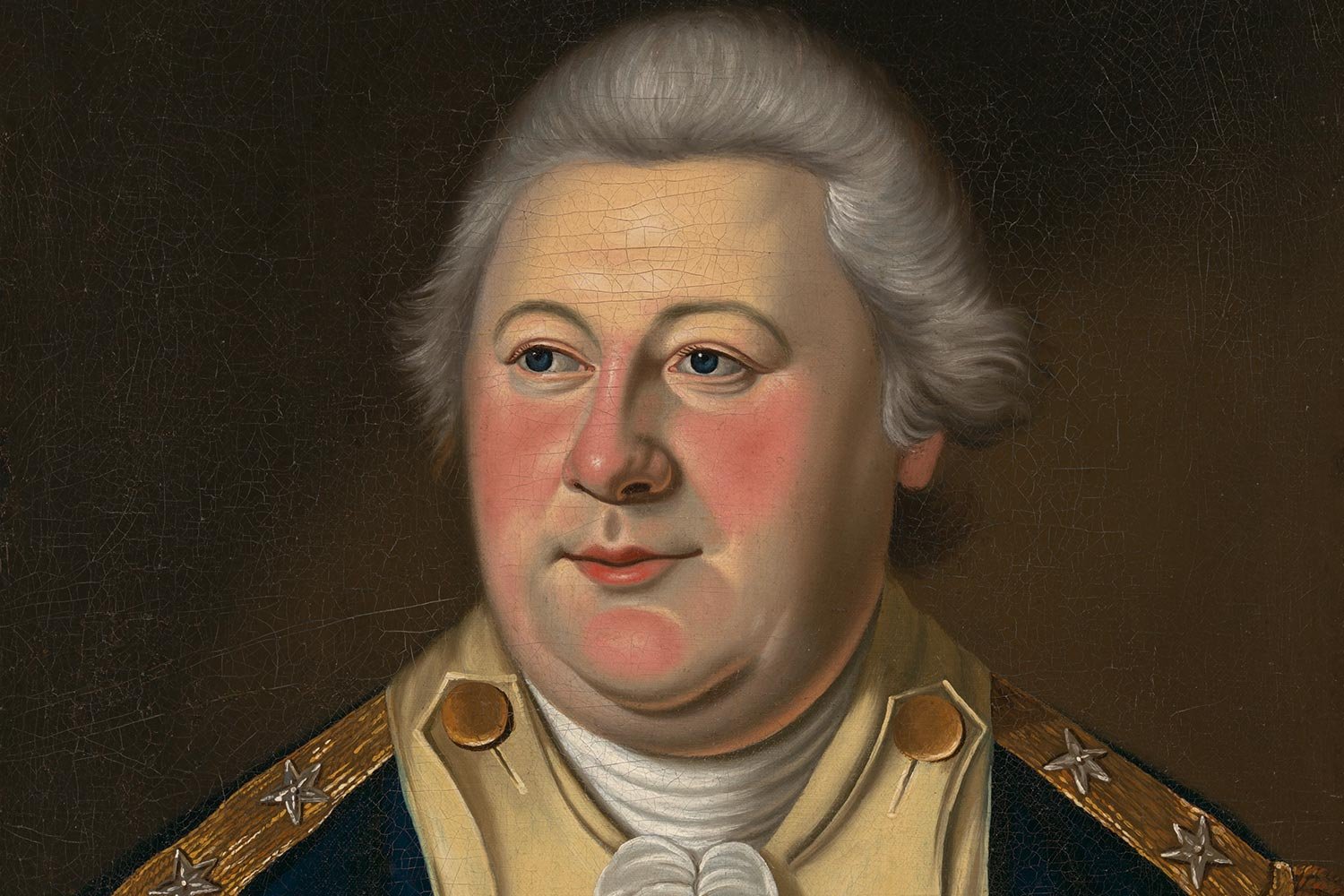
Henry Knox and the American Revolution
In the winter of 1775-76, Colonel Henry Knox, brought fifty-nine cannons from Fort Ticonderoga to the Continental Army besieging Boston, an incredible 300-mile trek over frozen rivers and snowy mountains.
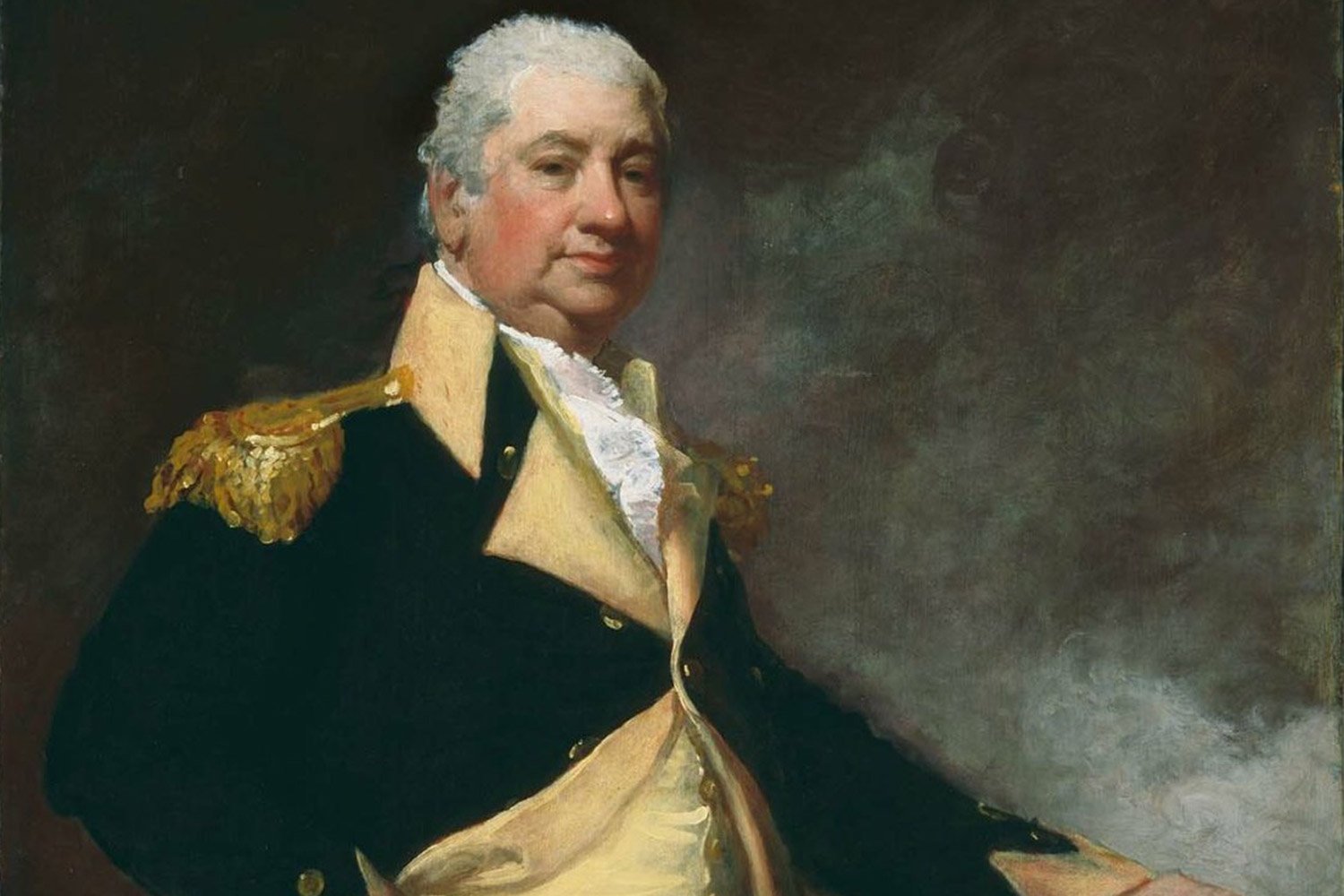
Henry Knox, “Noble” Hero of the American Revolution
Henry Knox is arguably the least known and most under-appreciated of our nation’s early military leaders. He was involved in practically every major battle in the northern campaigns of the American Revolution, and was instrumental in the creation of the United States Army after the War.
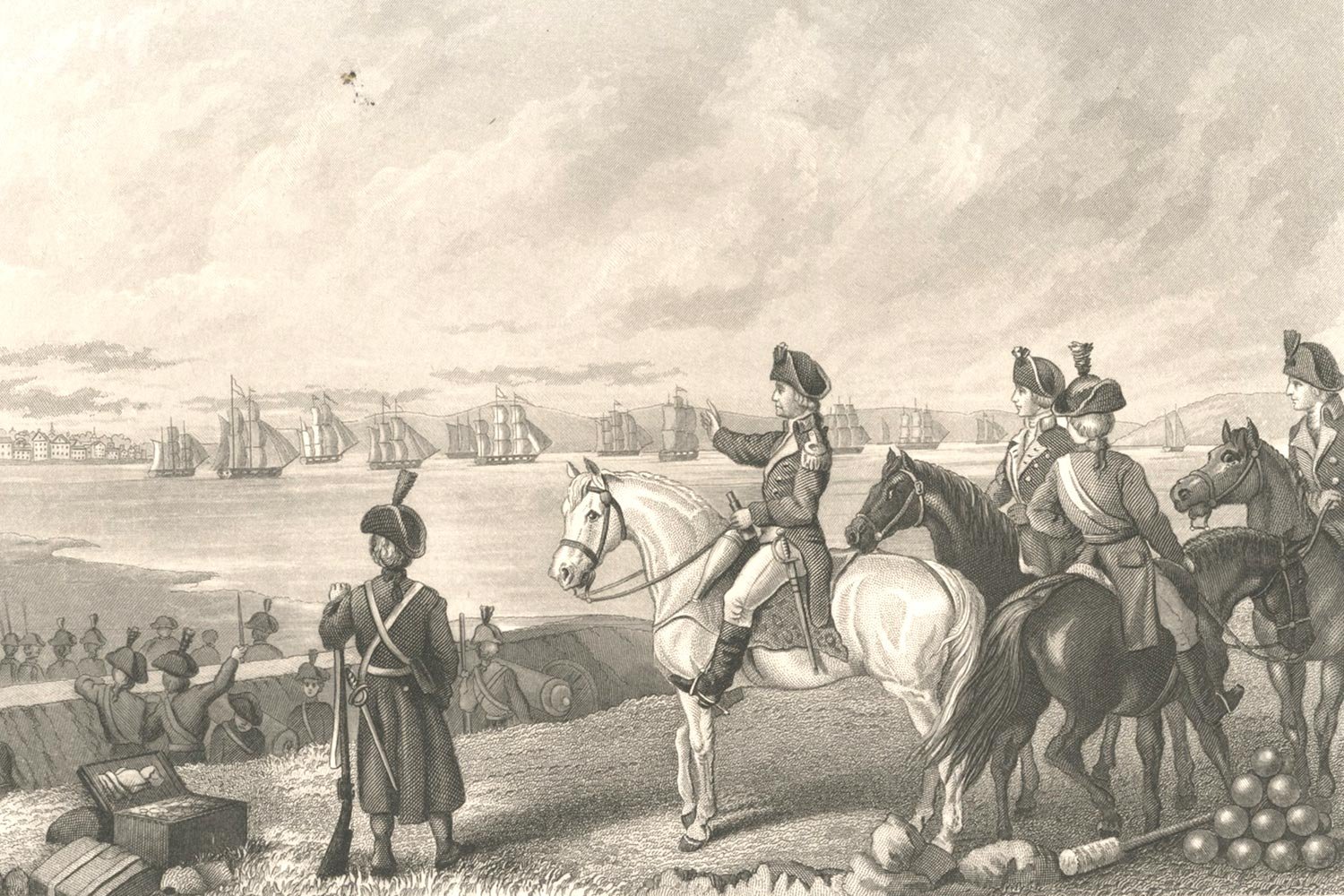
The Continental Army Retakes Boston
The siege of Boston was the longest siege in our nation’s history, running from April 19, 1775, to March 17, 1776. The “noble train of artillery” brought from Fort Ticonderoga by Colonel Henry Knox arrived in Boston on January 27, 1776, and it gave General George Washington the long-range guns he needed to bring the matter to an end.
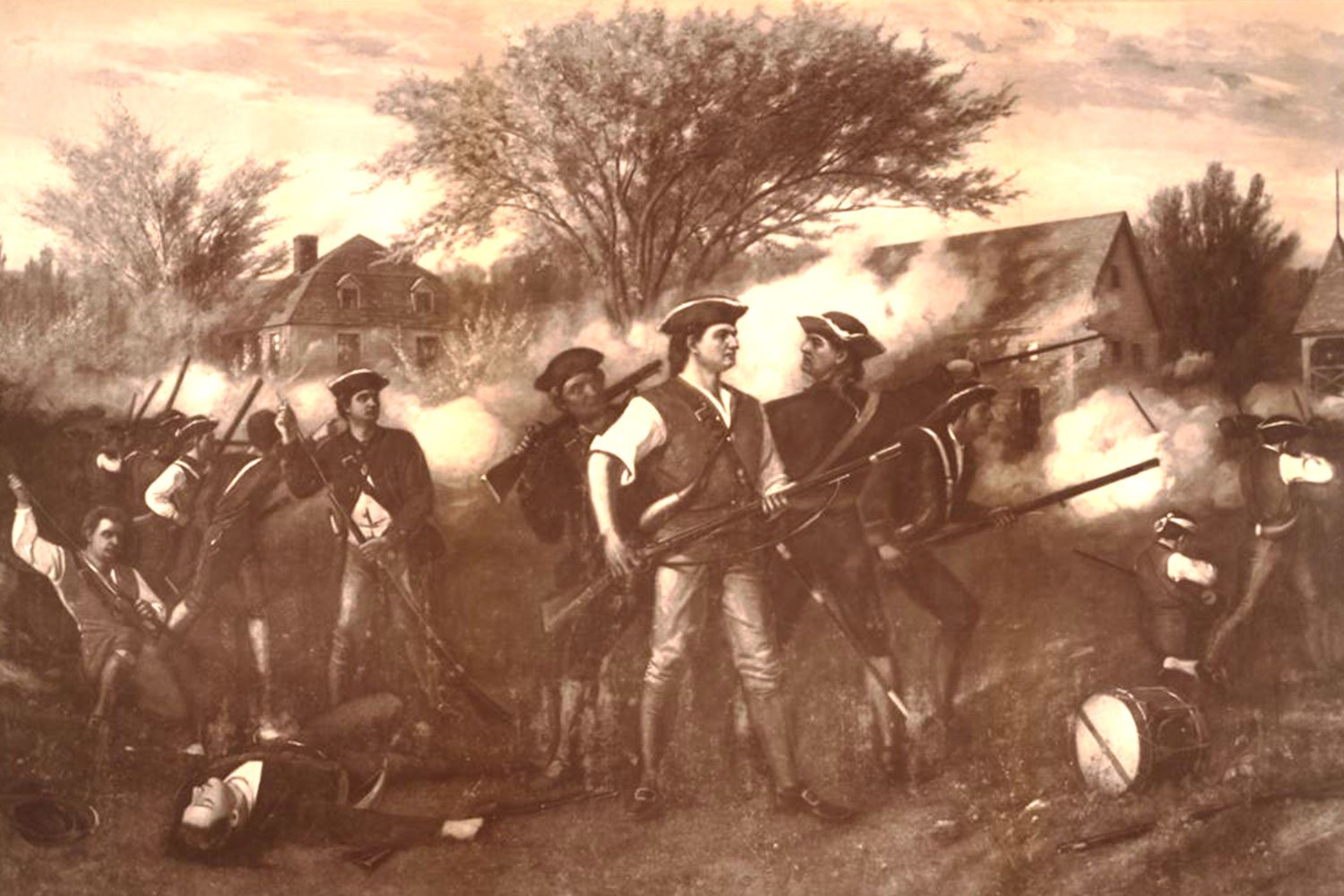
Boston Under Siege
At the beginning of April 1775, the British army was the unquestioned master-of-affairs in Massachusetts. Incredibly, in less than a year, England, the most powerful nation on earth, would be forced out of Boston, one of their most important colonial cities, by American militiamen.




